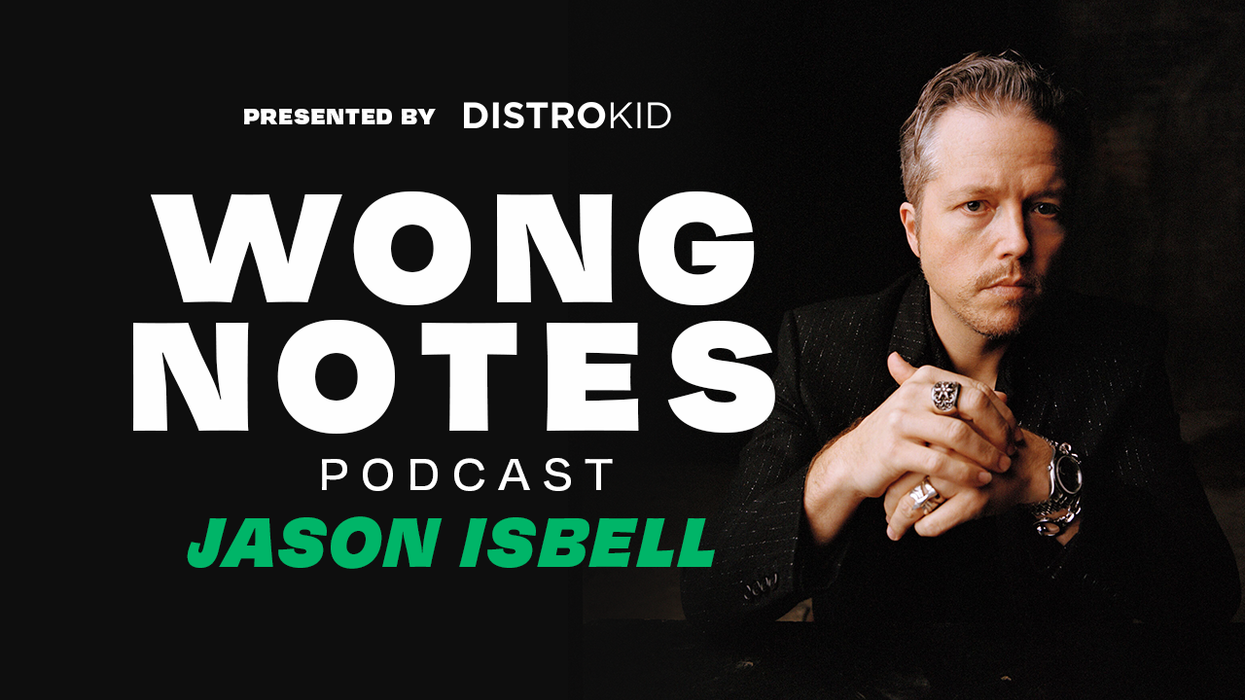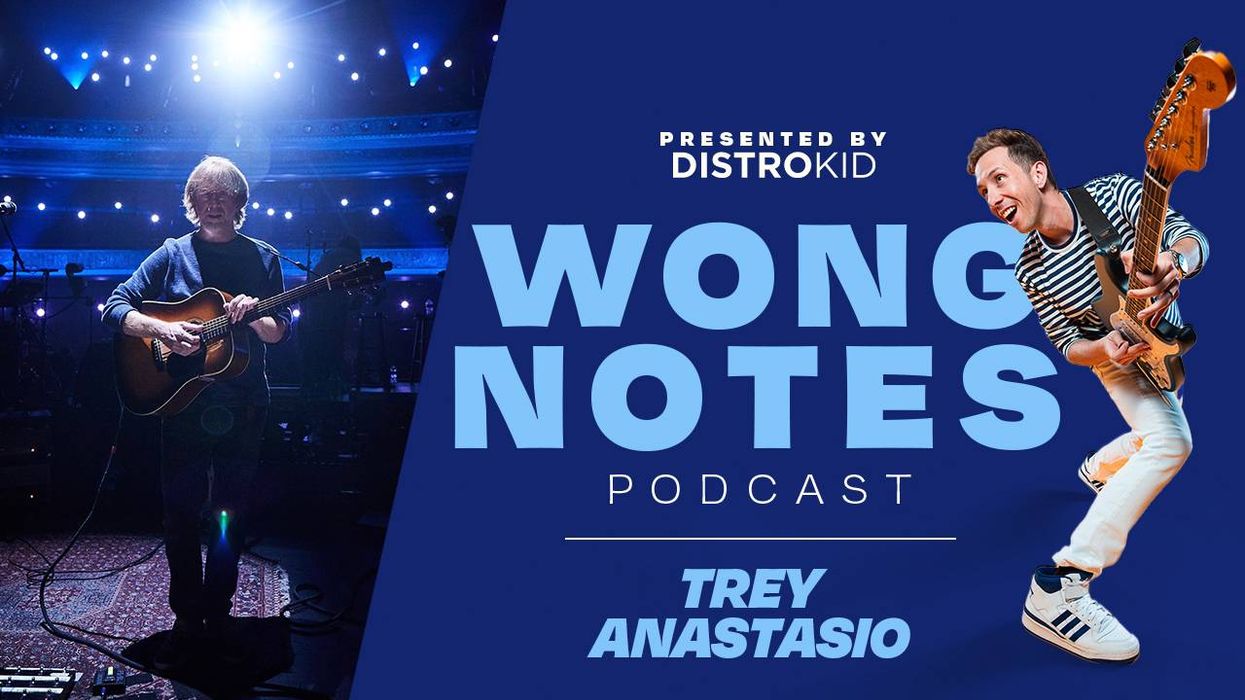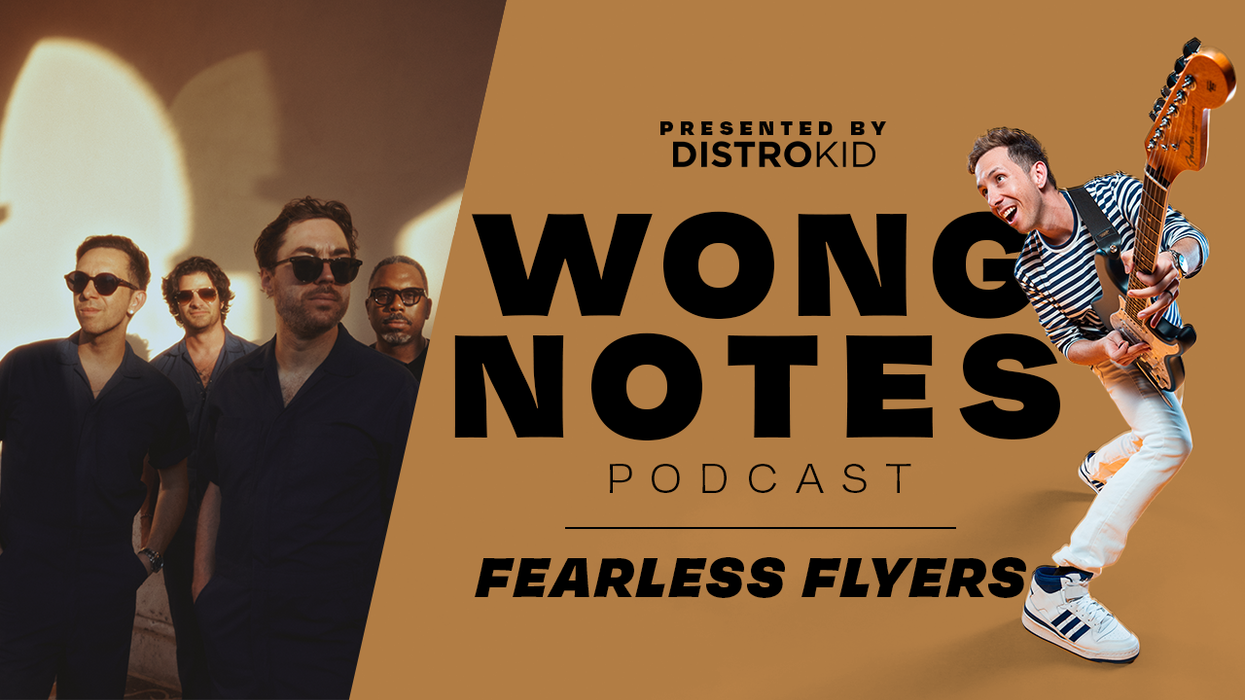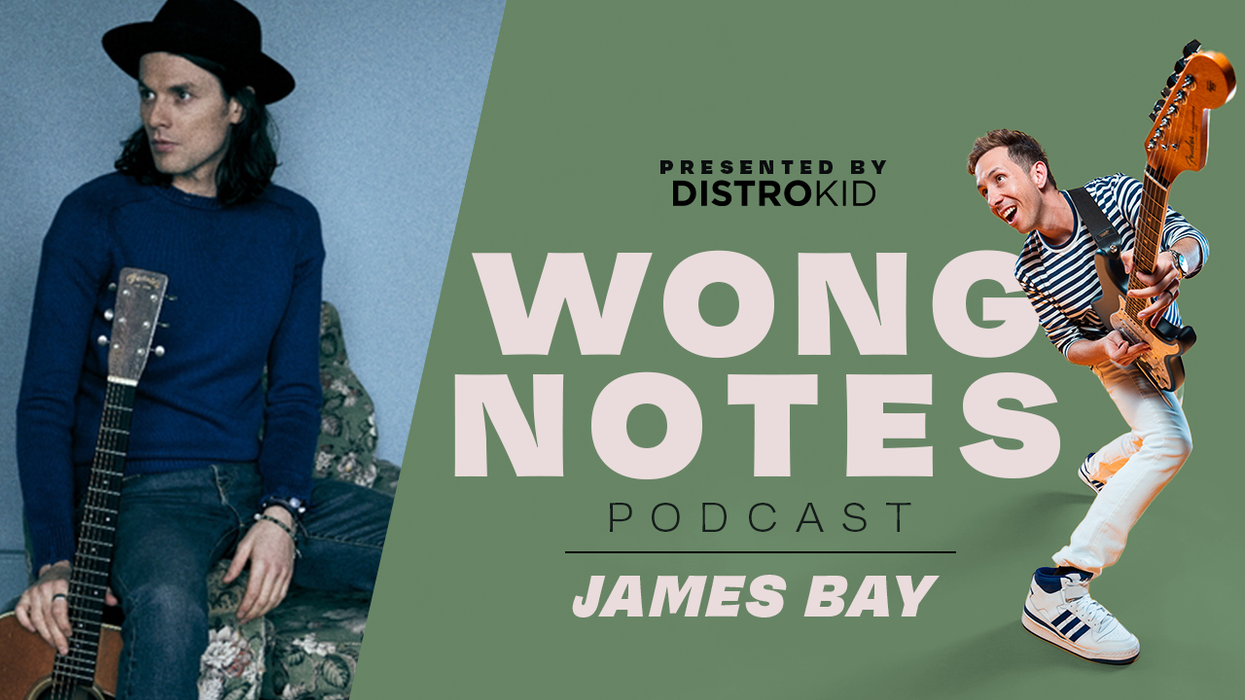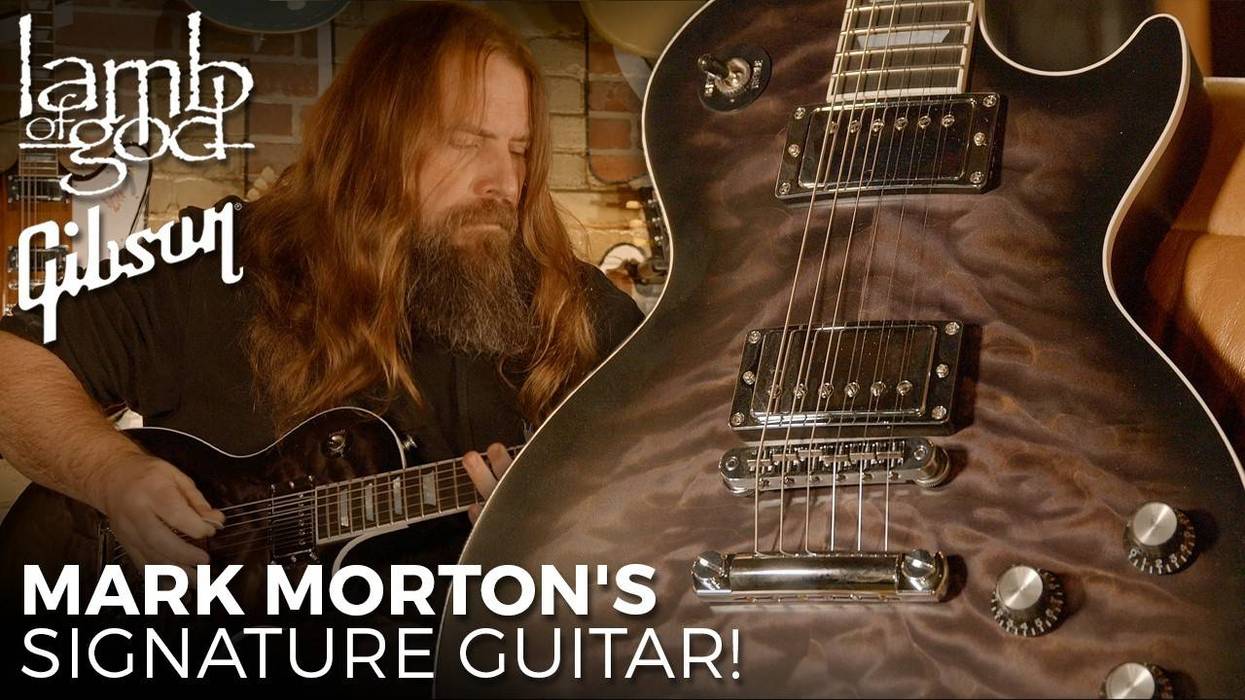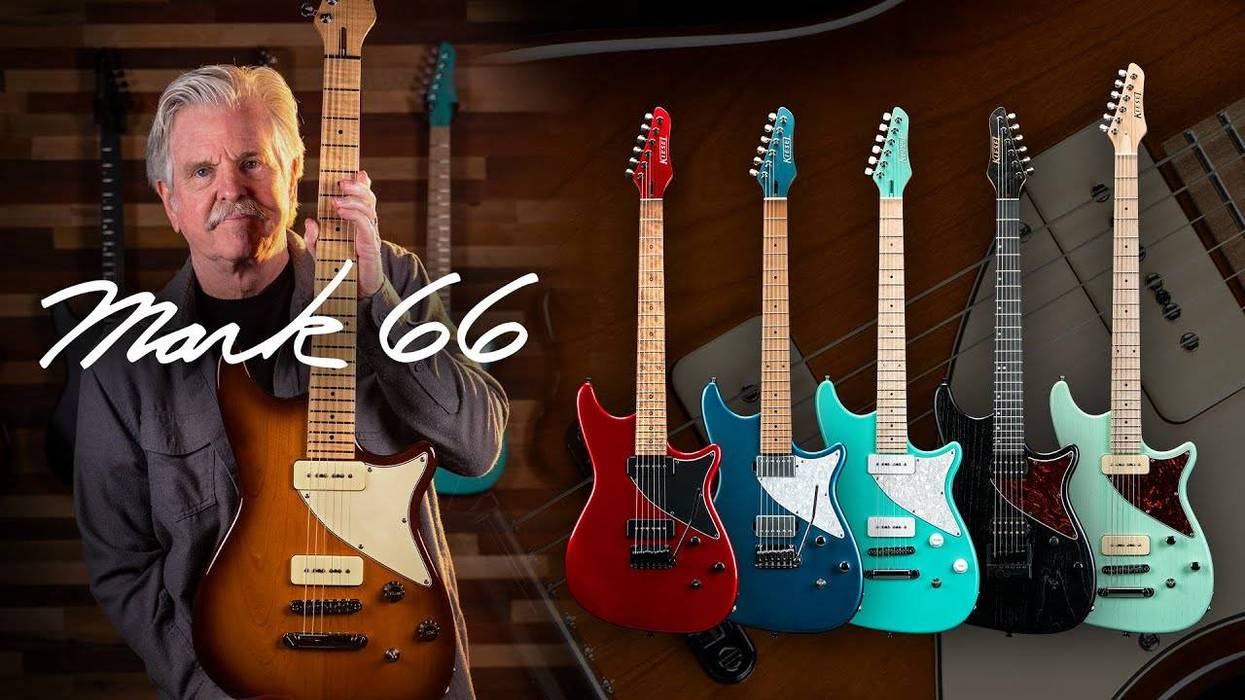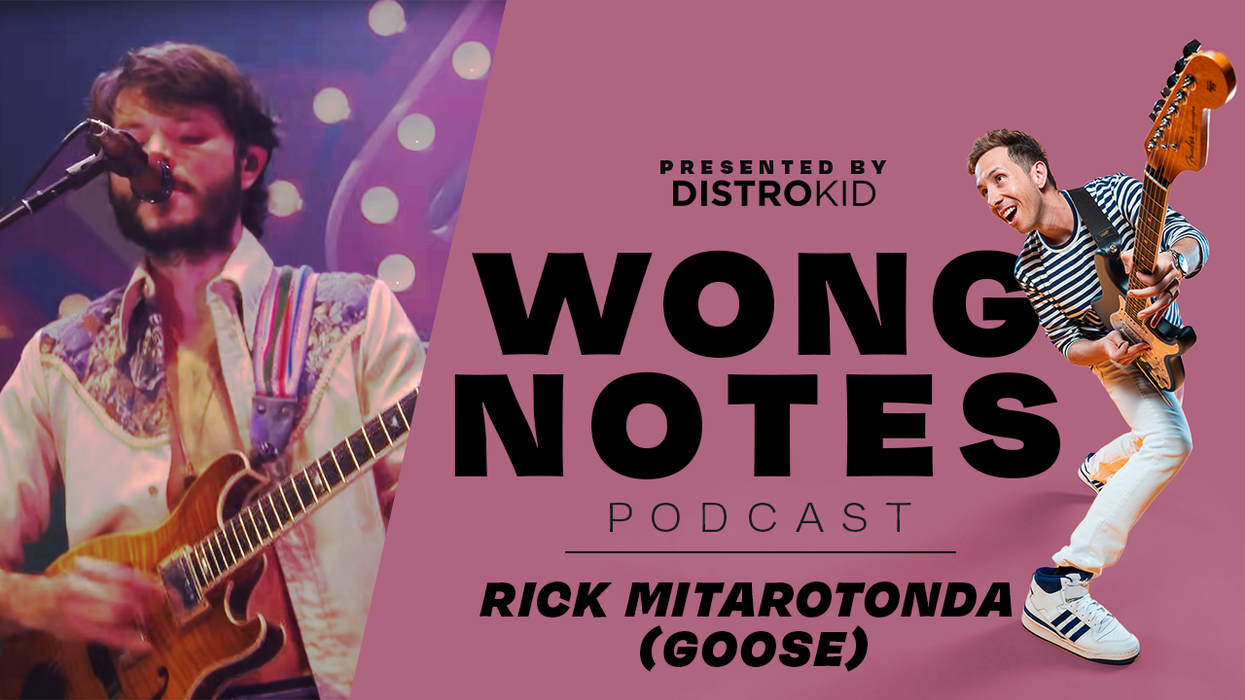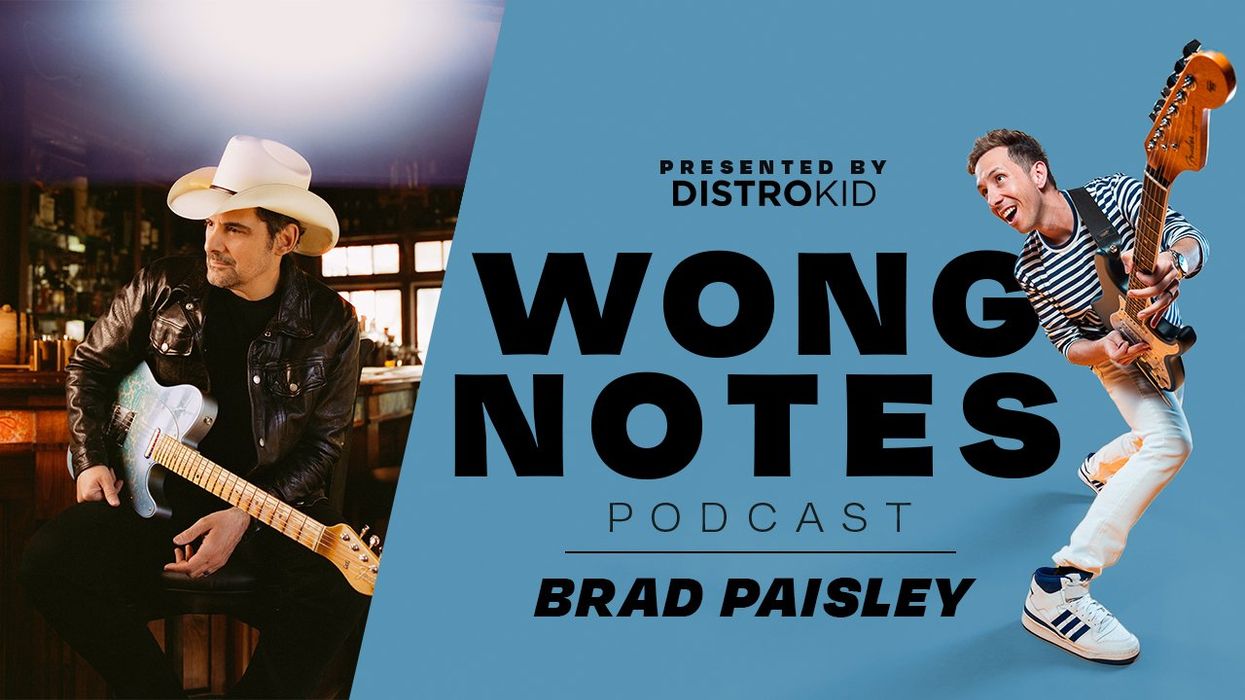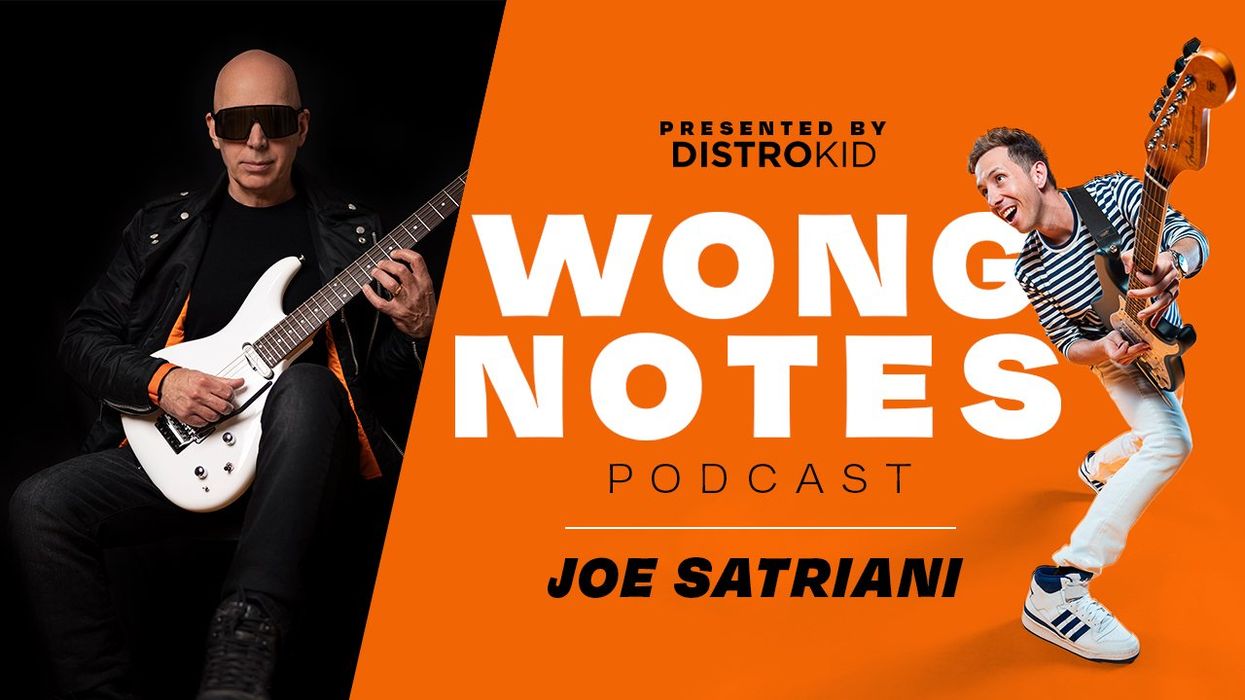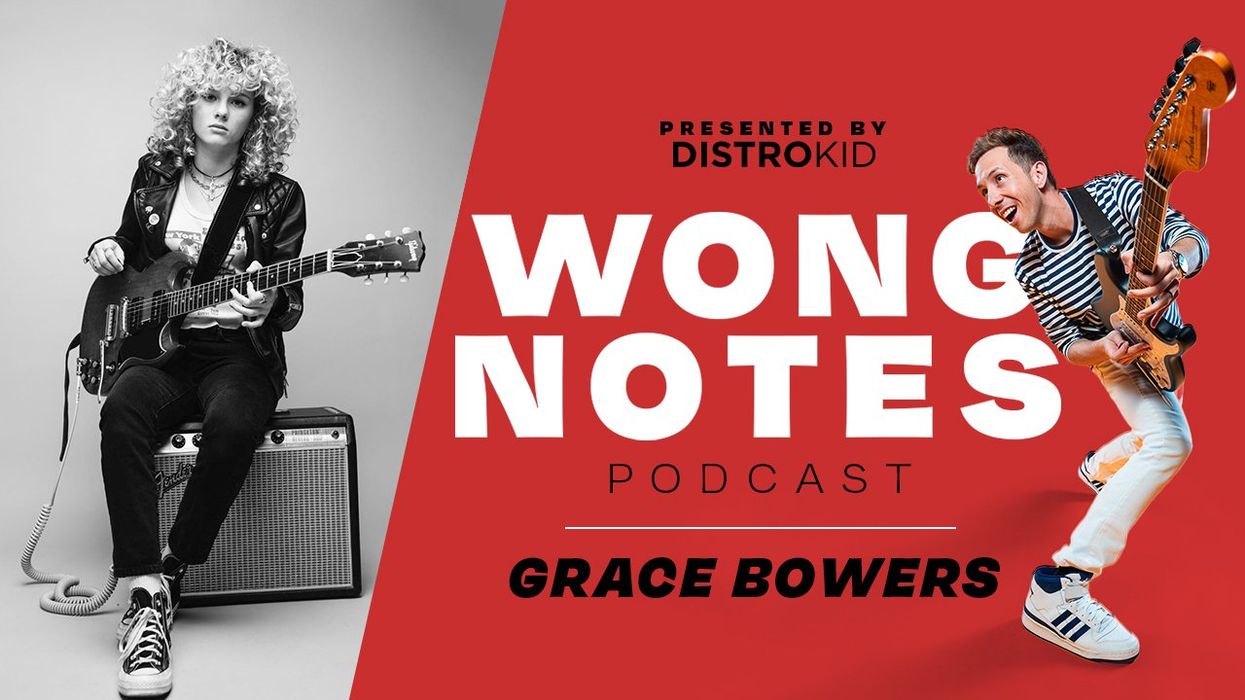
Wong Notes is presented by DistroKid.
Use this link for 30% off your first year.
Jason Isbell's Advice to Songwriters
Cory: Do you have any insight to budding songwriters that are trying to find that thing about their voice as a writer?
Jason: Yes, definitely. Just stop looking for it, immediately. Stop looking for your voice as a writer. I was thinking about that this morning. I saw something I read this morning, somebody talking about finding their voice as a writer, and you're looking for the wrong thing. When Amanda and I got married, we went around to a lot of couples, and we still do this, but a lot of couples that have been together for a long time that we knew and we asked them, "What's the secret?" And they had different answers. With a lot of people, it was sense of humor, or just don't give up on each other, or stick by the decision that you made, no matter how hard things get.
But John Prine said, "You have to remain vulnerable." And of course, John Prine is going to give the best answer to just about anything. That's what he did, but he had a very recognizable voice as a songwriter, and it was the fact that he was open emotionally and he realized that he had something worth saying, and so he just let himself talk.
And I think that's the trick. And it is a little bit ethereal. It's hard to pin down, but just don't run from the things that you might consider mistakes. If you think that, "This doesn't sound like any song that I've heard before, so it must not be right," second guess that instinct and think, "Maybe it doesn't sound like anybody else because it's mine." And if you do that over and over and you remain open and don't judge yourself, that's the thing. There's the Neil Young line where he says, "People don't want to hear a song you like, they want to hear a song you wrote."
And that's huge for me because it's like, don't judge the work while you're doing it. Save that for later. Later on when you're in the booth, you can judge whether it's any good or not or, after it's mastered, you can figure out if you want to put it out, but give yourself a whole lot of leeway and a whole lot of time to do what you think might be a mistake because, just like playing the wrong note, it's not that, it's the one you play right after it. And I think that's the thing. That's it. Just let yourself screw up, and then keep moving, and then eventually you'll have a chance to go back and fix it if it's wrong, but more often than not, you'll find out that's not wrong, that's just me.


